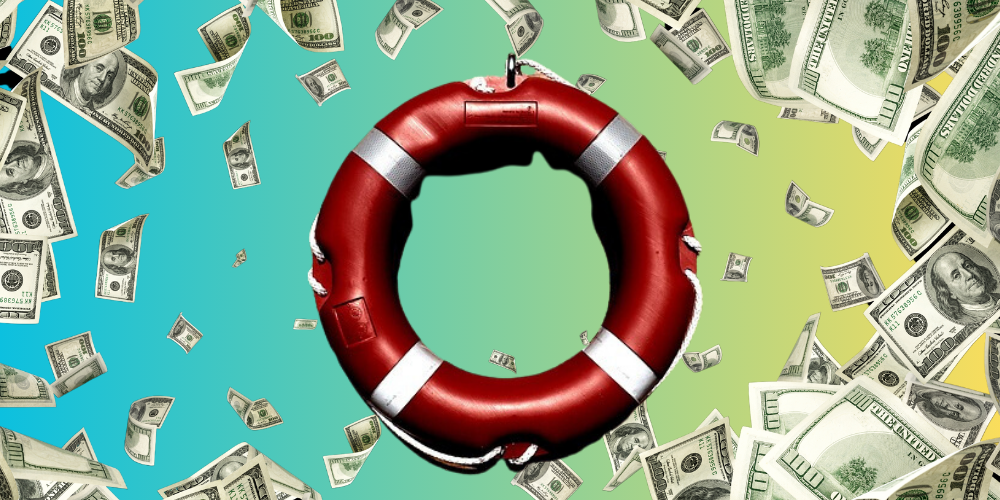Should I Have a Business Emergency Fund?

How far away from land would you go on a sailboat with no life buoy? Not many people would come onboard with confidence. If your business is the sailboat and your emergency fund is the life buoy, are you prepared to respond to a storm?
What is an emergency fund?
- A separate bank account that will only be accessed in the event of a business emergency.
- The funds are easy to access. For example, a money market account.
- The balance in the account will cover 3 – 6 months worth of operating expenses.
- Less, if your business can pivot quickly.
- More, if your sales are seasonal or project based.
- More, if there are > 1 investors in the business.
- More, if there are only 1 – 3 producers in the business.
What are some examples of when to use emergency funds?
- An unexpected loss of sales.
- Your largest client cancels their contract with you.
- A recession cuts your clients’ spending budgets.
- A forecast for a hurricane postpones a large keynote event.
- An abrupt loss of capacity.
- Your primary course instructor needs an extended leave.
- A key contractor suddenly receives a serious diagnosis.
- An information breach in your database.
- An unplanned increase in expenses.
- A potential contract requires expanding your insurance policies.
- A lawsuit.
How does having emergency funds help your business?
- Avoids managing in crisis mode.
- You can take opportunities when they arise.
- Peace of mind.
- Responding to an emergency does not rely on owners providing their personal funds.
What if I don’t have an emergency fund for my business?
- Create one this week. A small emergency fund is better than no emergency fund.
- Plan to make routine contributions to the emergency fund. Small amounts will add up.
- Owners should have 2 emergency funds. One for business life and one for personal life.
- Begin saving an emergency fund even before you pay off all business debts.
Disclaimer – We have not included all possible restrictions and complexities. It is crucial that you consider more information than we have written here. Always discuss your specific scenario with a professional accountant.
Photo credit: tookapic from Pixabay
Have a related topic you’d like to learn more about? Share it with us, so we can add it to our blog!


